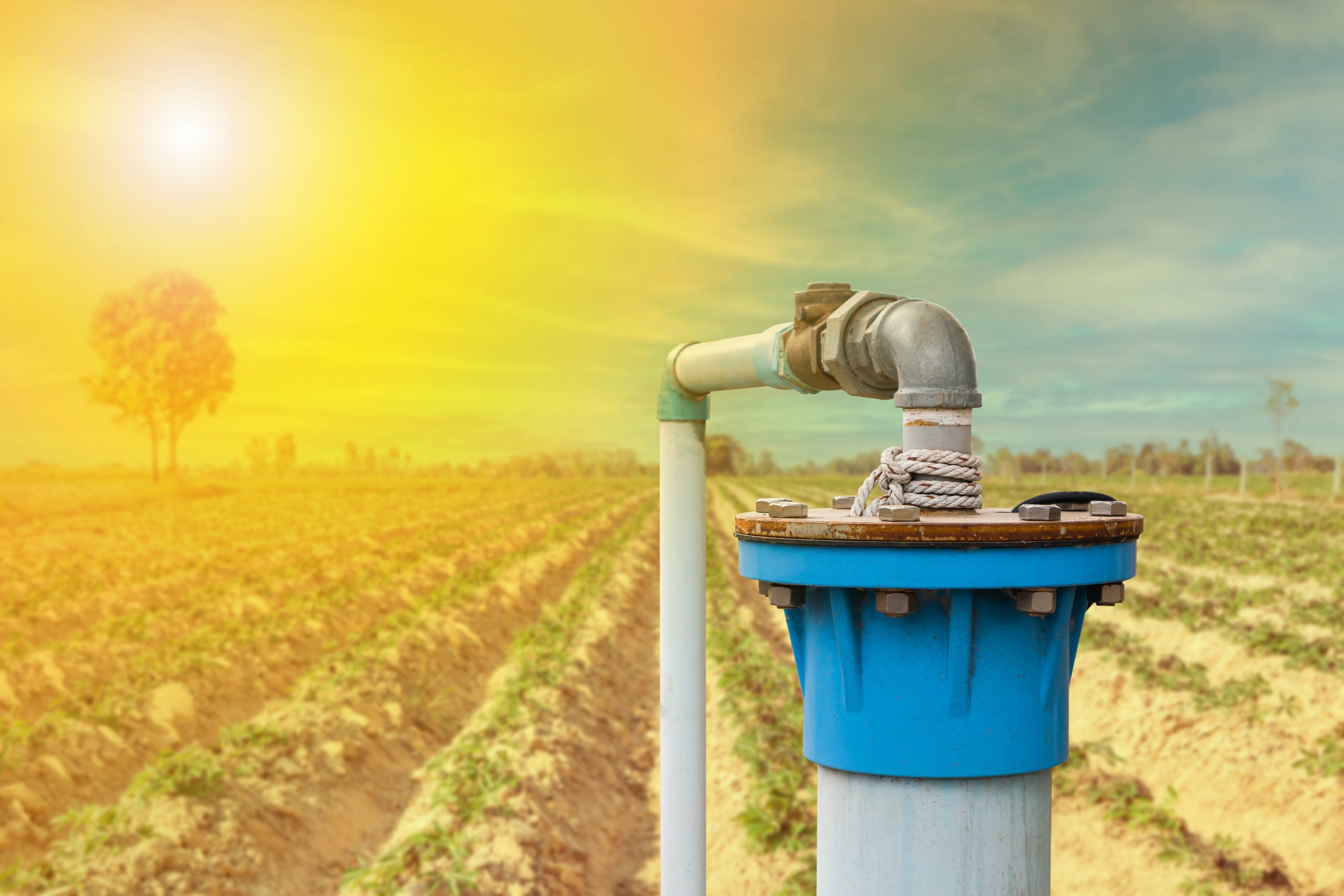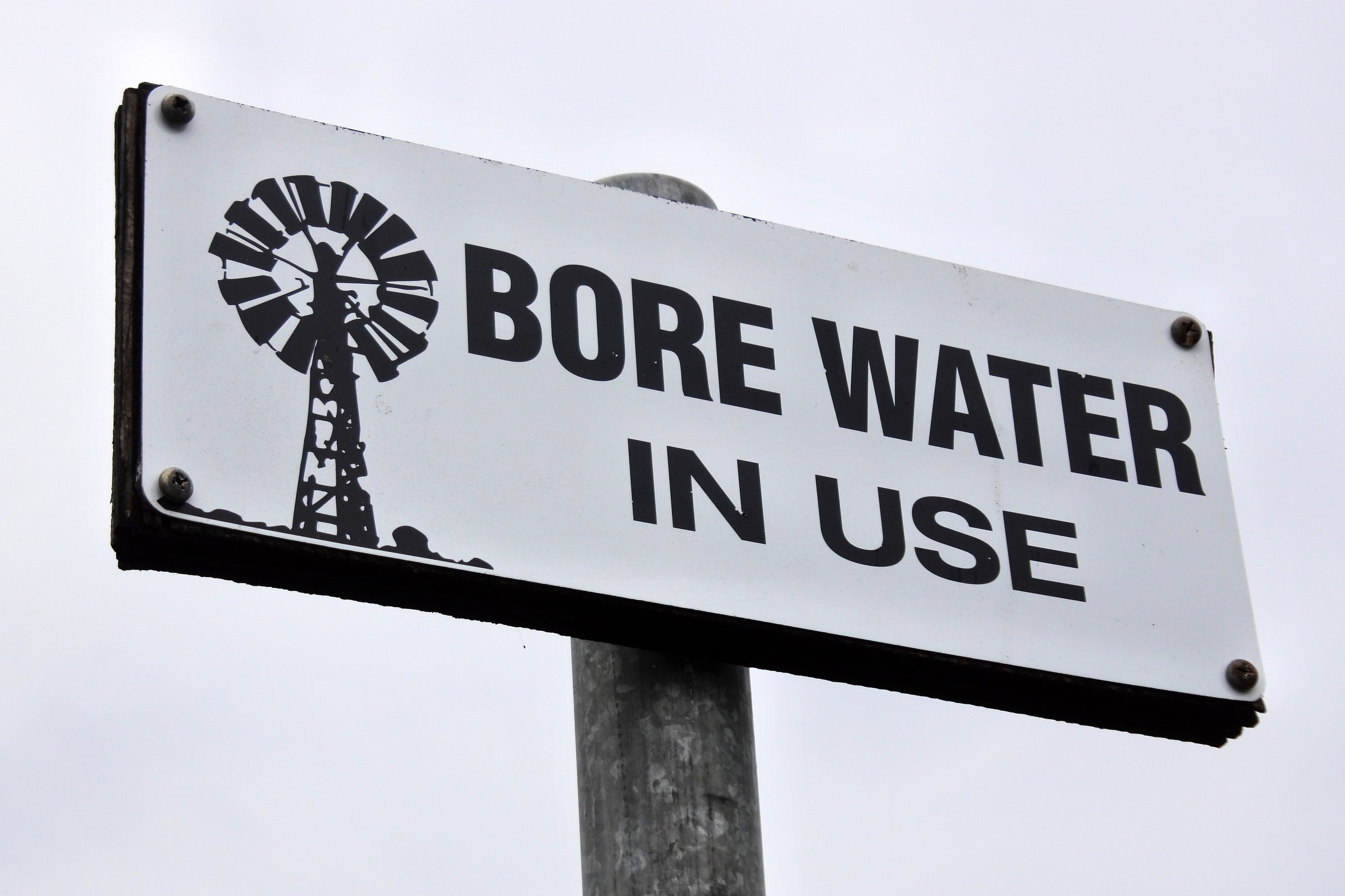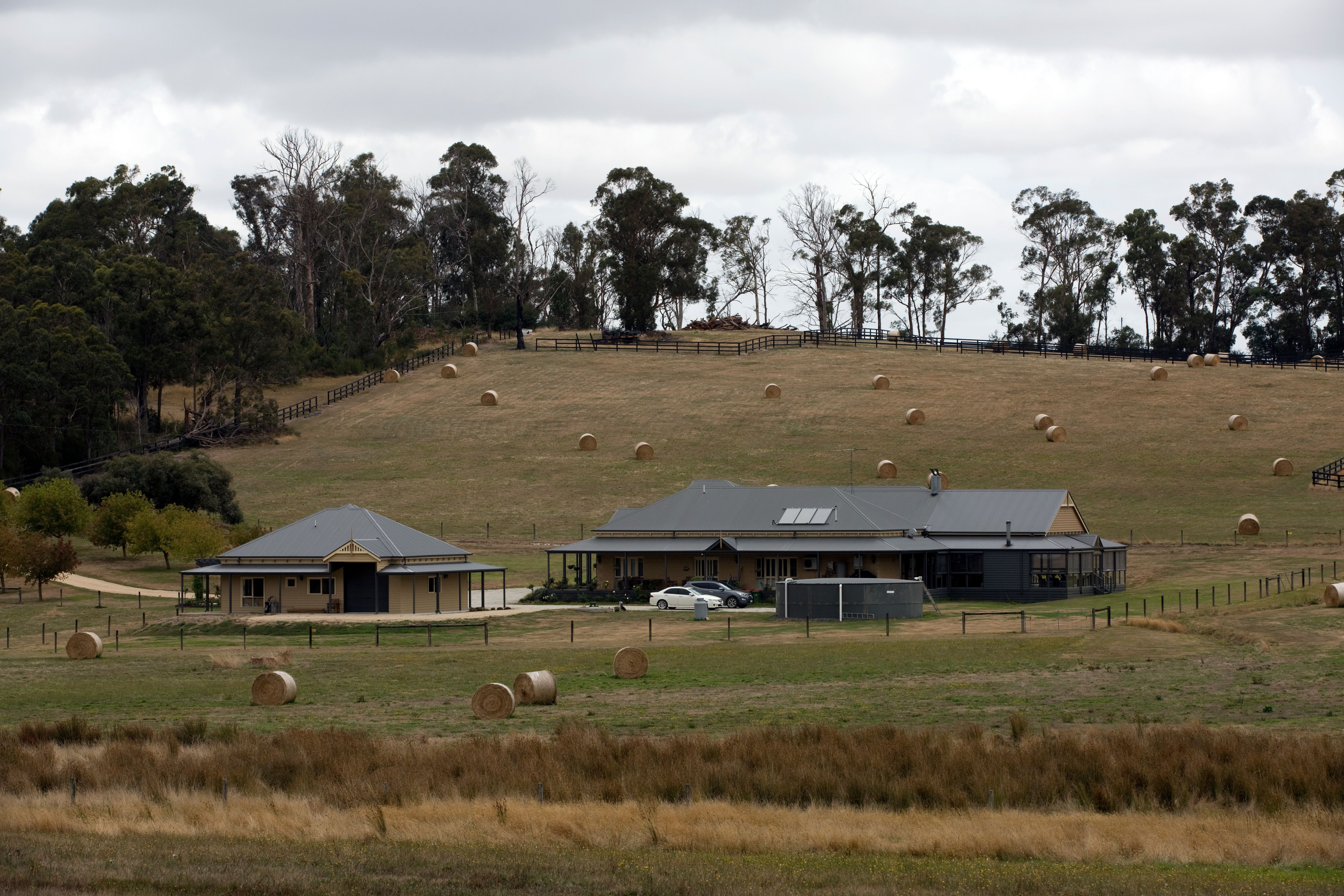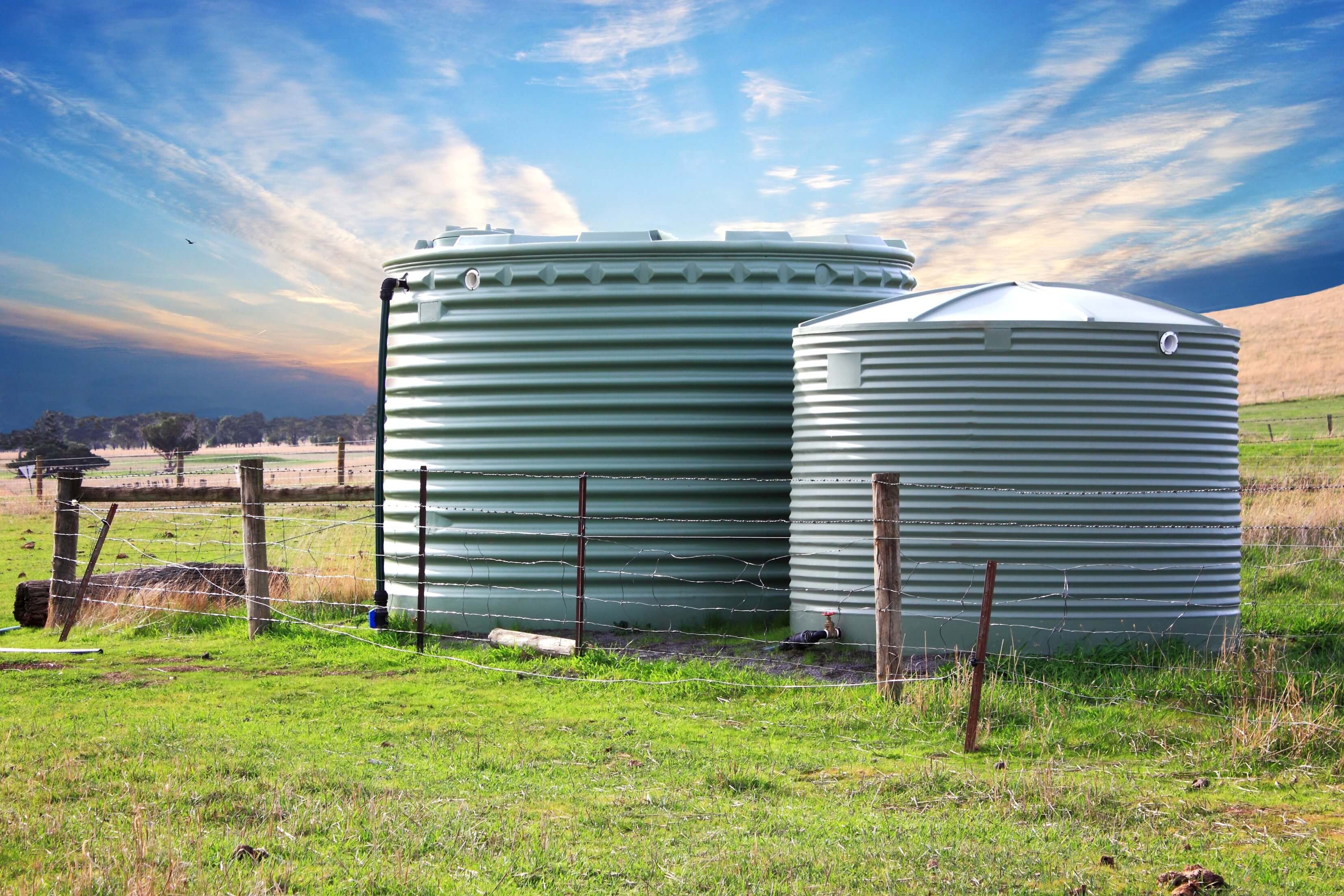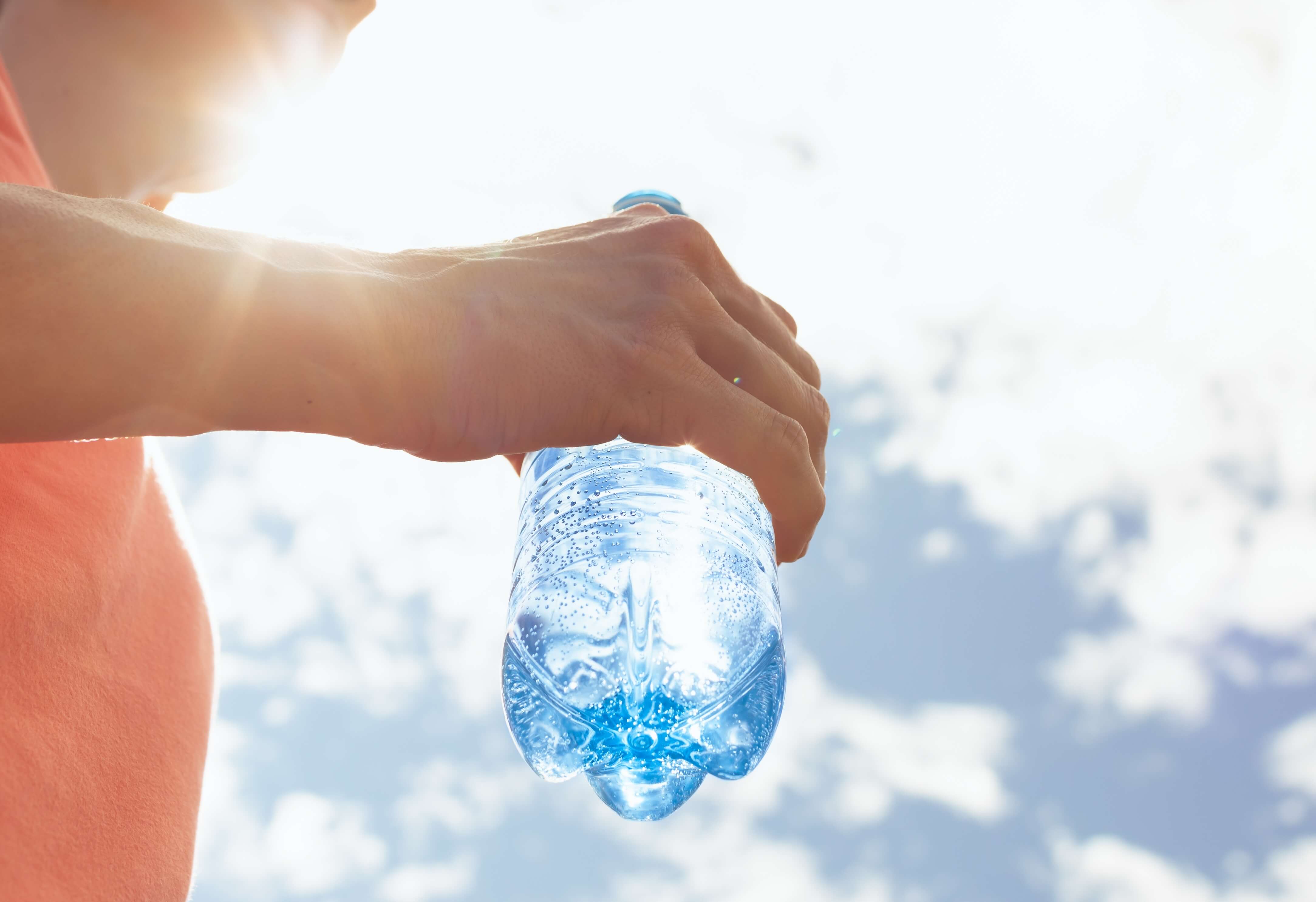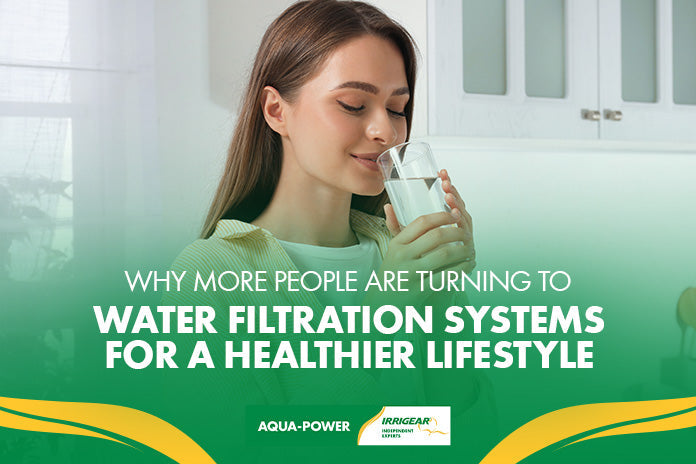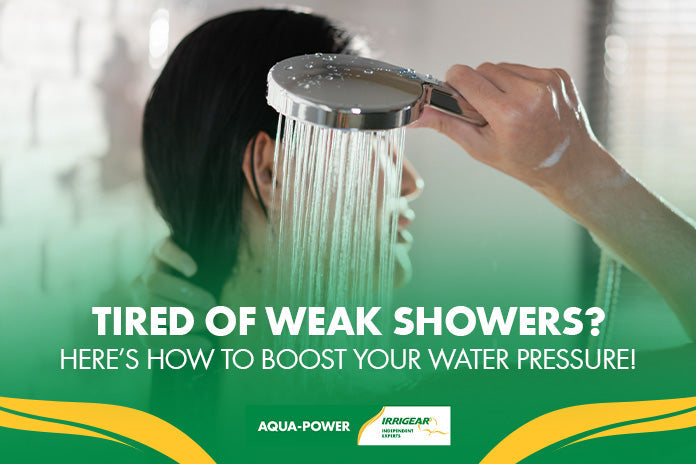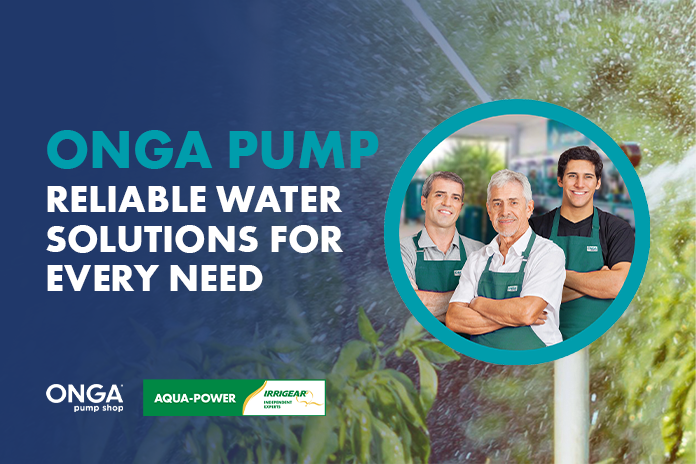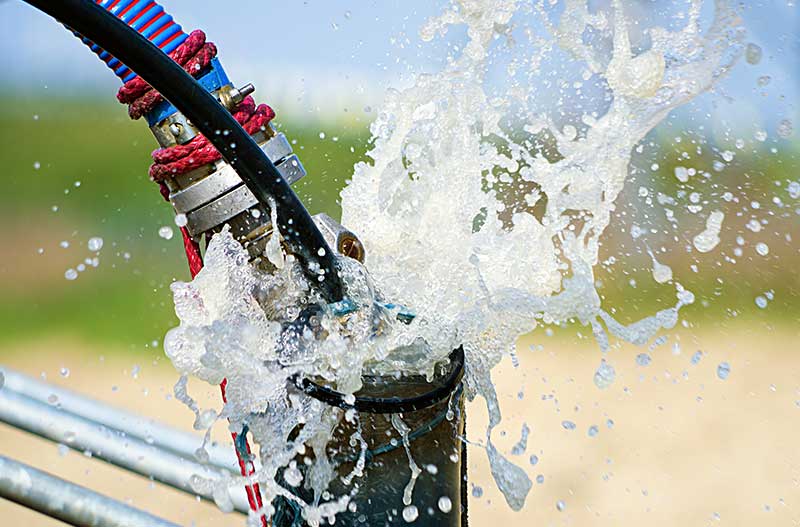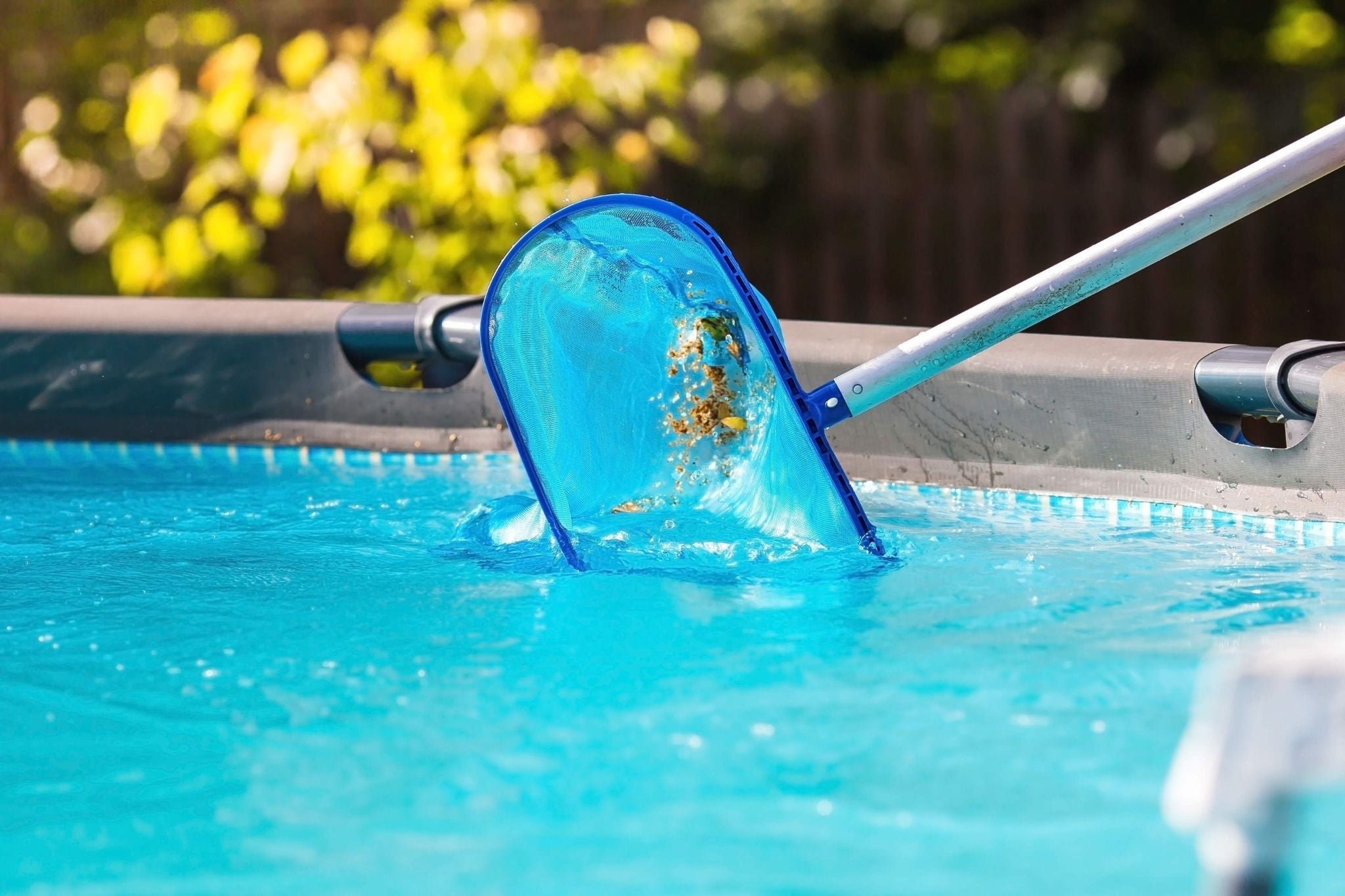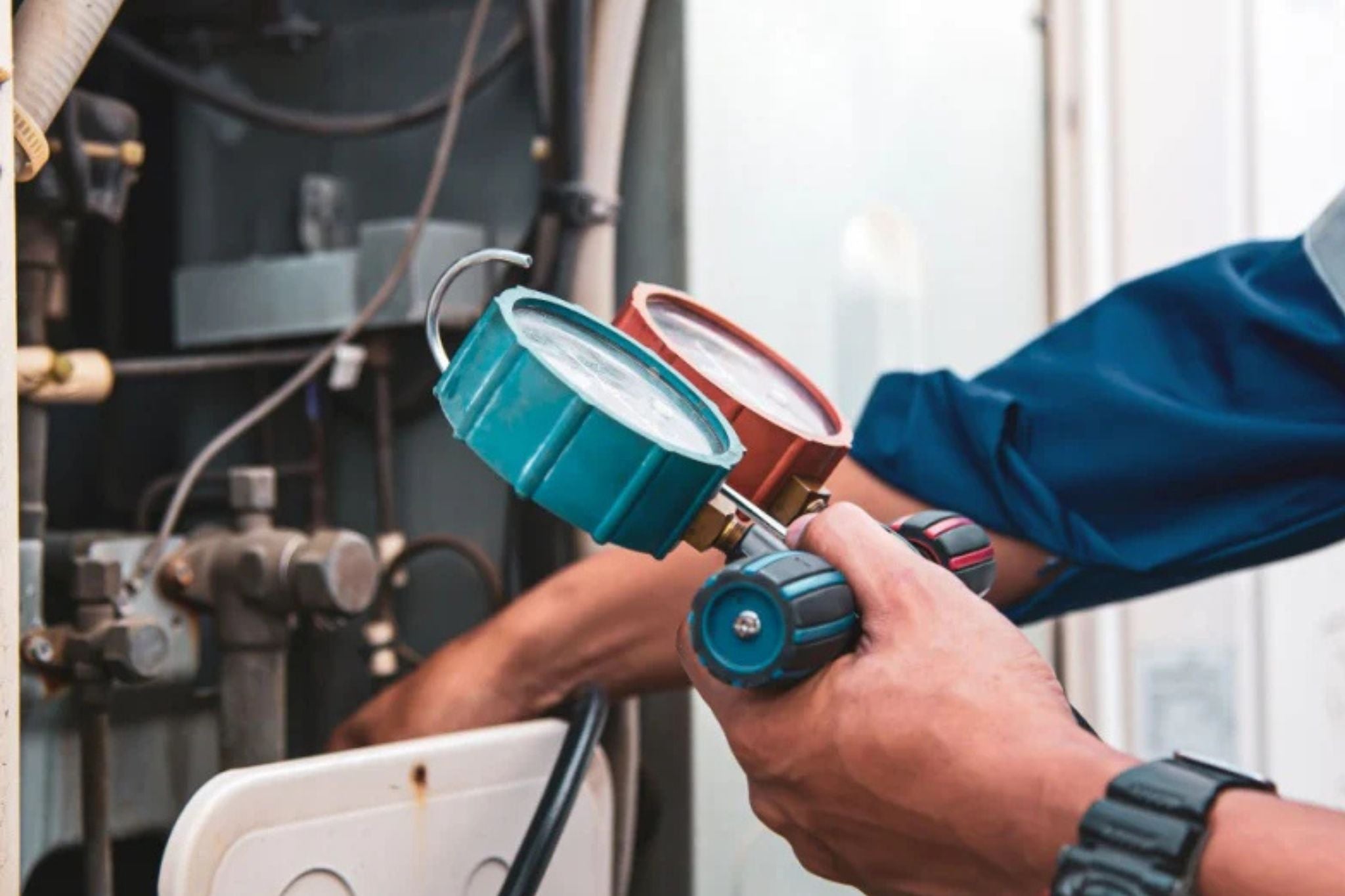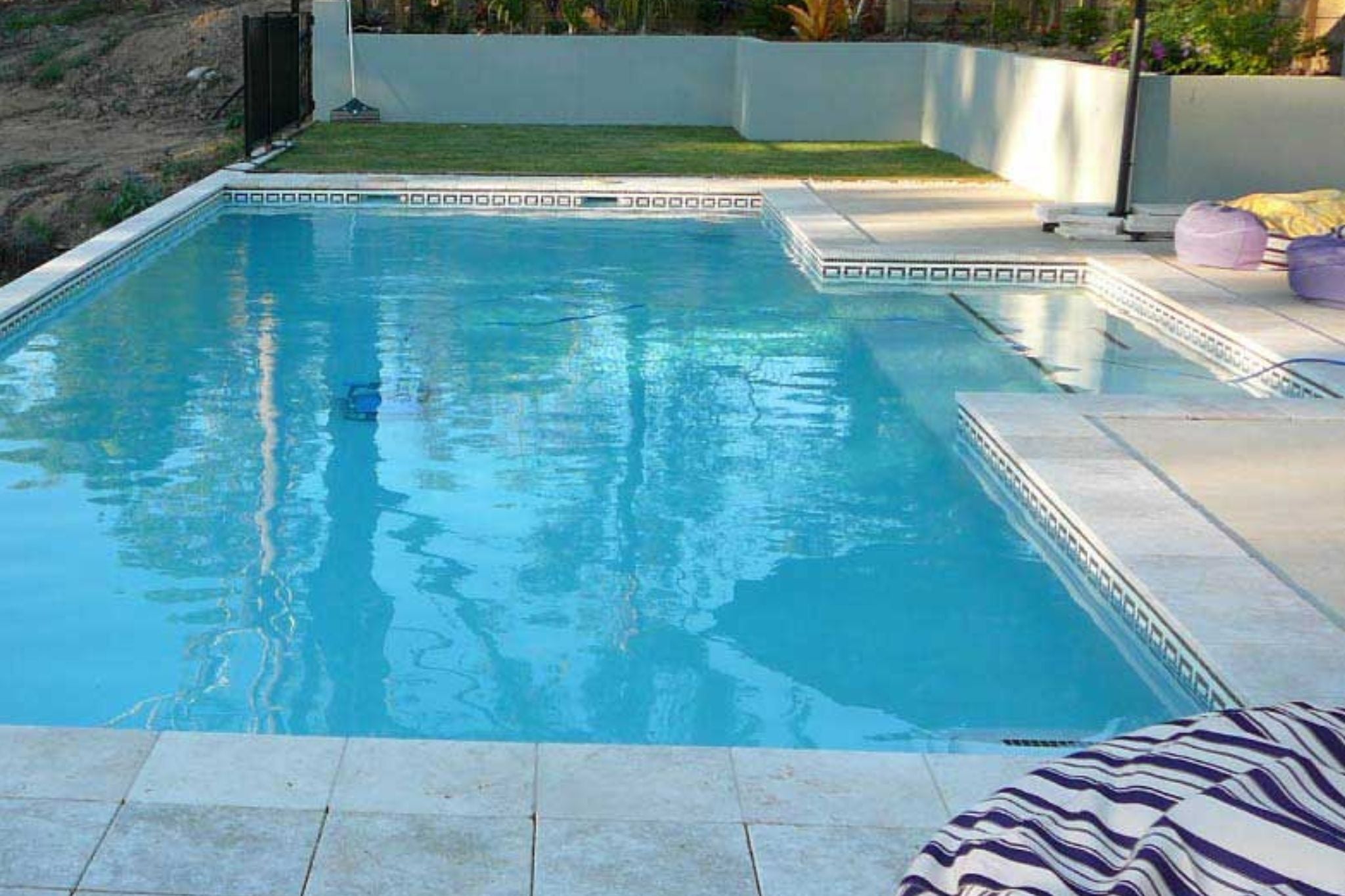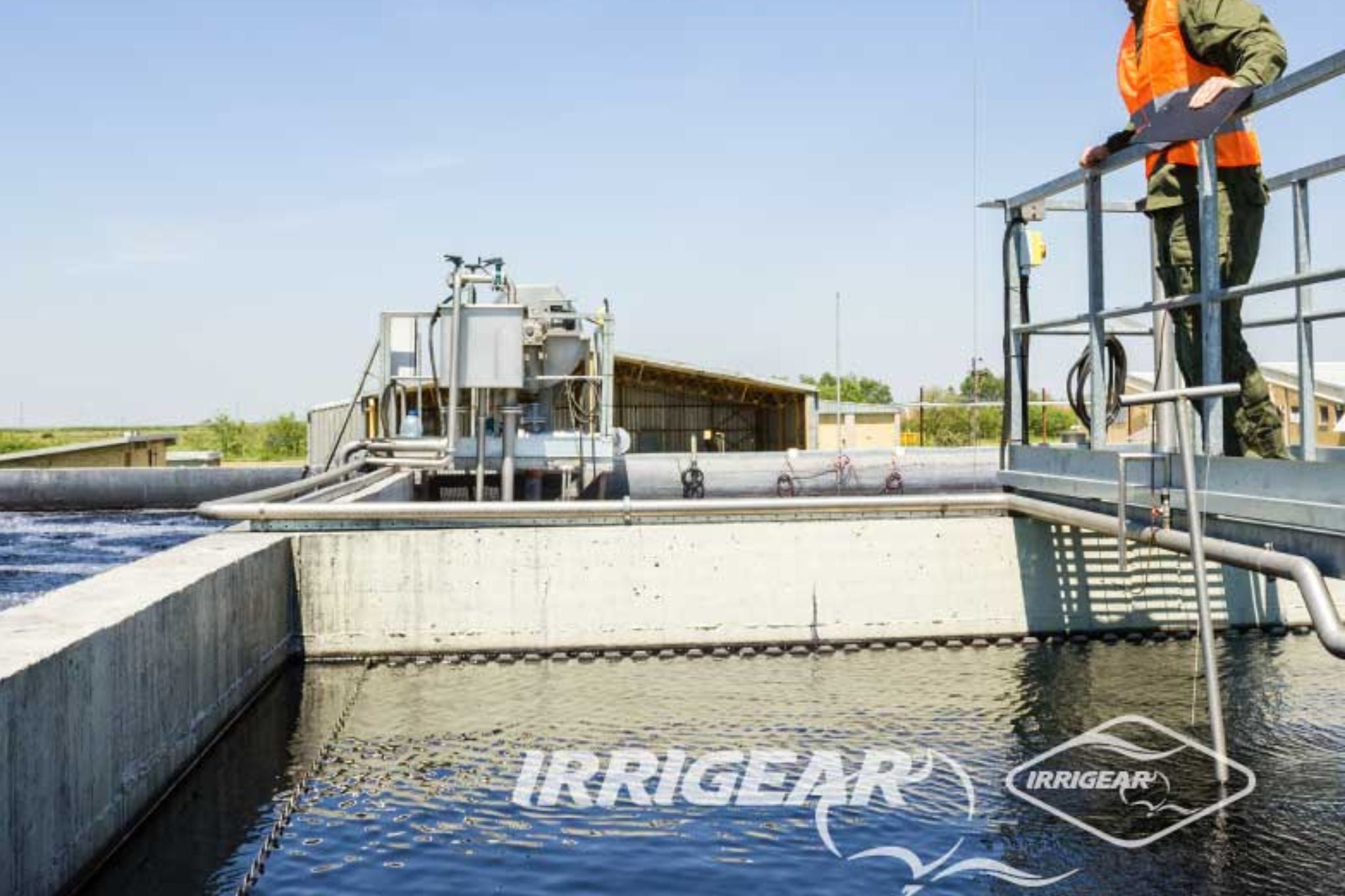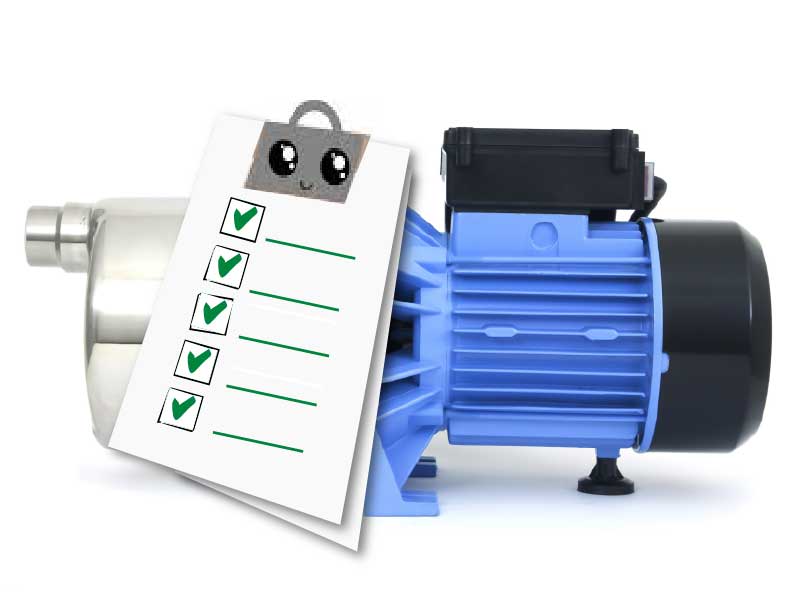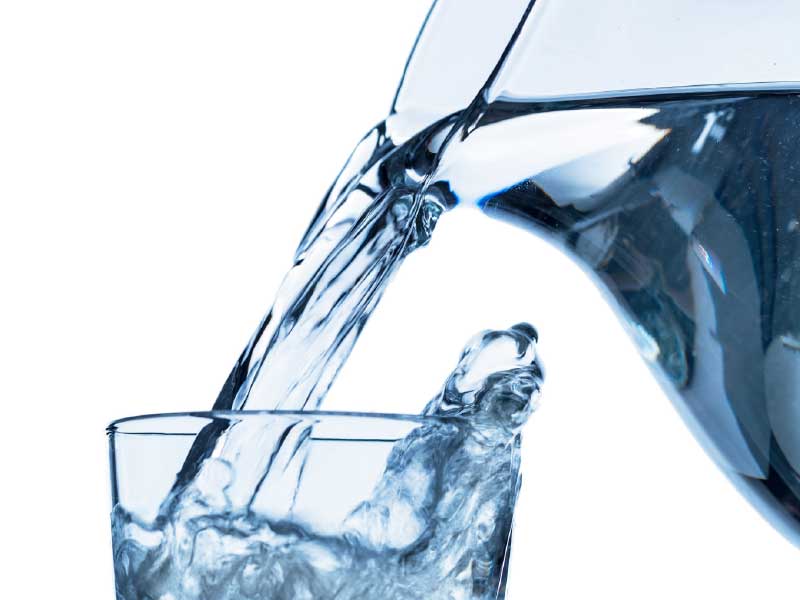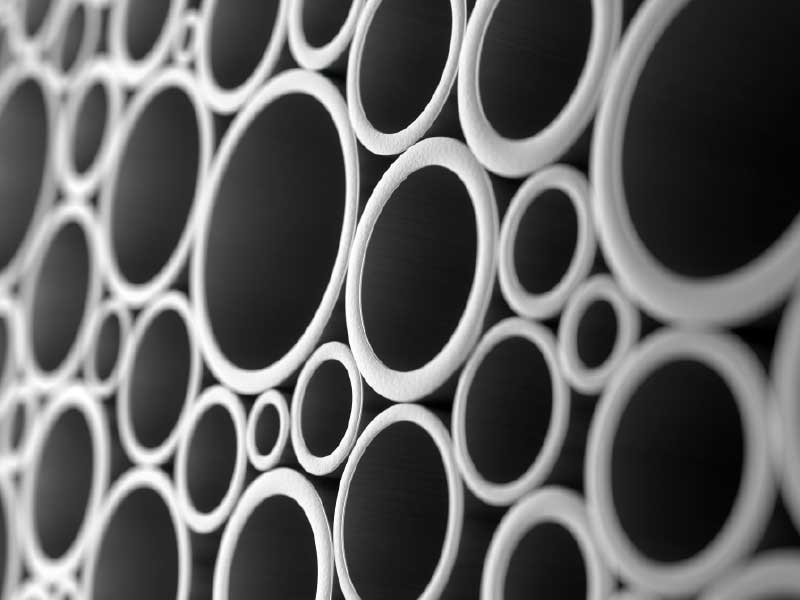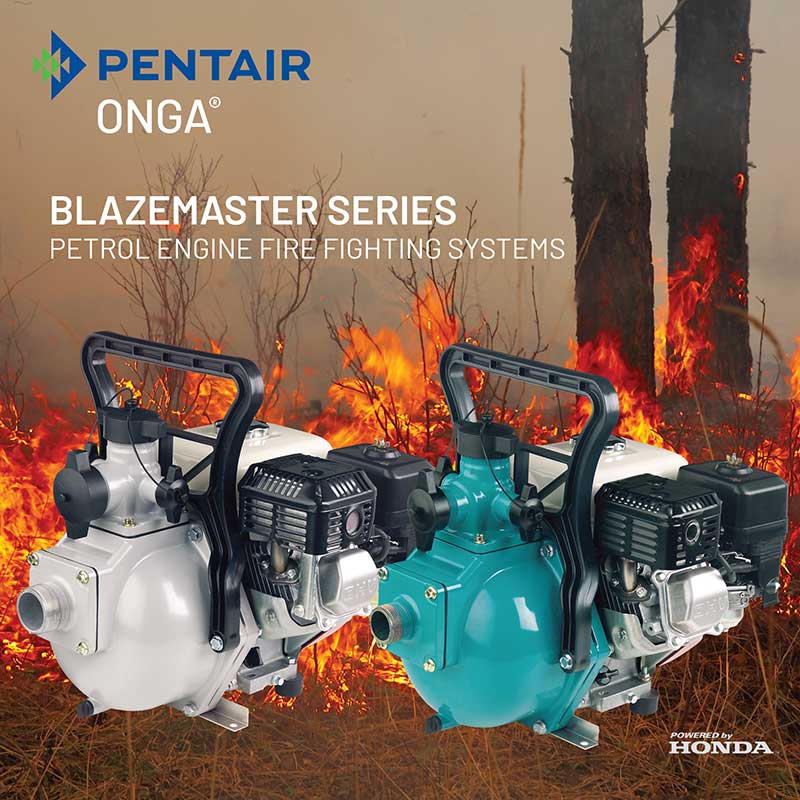
Twin Impeller or Single Impeller Firefighter?
Posted by Lachlan McIntosh on
Surely a Twin Impeller pump delivers more water. But does it?
This is probably one of the most misinformed subjects that we come across at Aqua-Power. Often our customers come to us and ask for a Twin Impeller firefighting pump. And as an Irrigear store, we always take care to ensure that our customers get the right product to do the job right. So of course we ask: “Is there a reason you want to buy a Twin Impeller pump?”
And invariably we hear: "Because you get more water, don't you?"
Don't you?
Well, maybe you do. And maybe you don't. Ask yourself this: Is a 4WD faster than a 2WD? Is a sledge hammer better than a carpenters hammer? Is Davey Warner a better cricketer than Nathan Lyon? Of course it depends on the job at hand. And if you want to win you probably don’t want Lyno opening the batting or Davey sending down slow seamers.
First things first. What is an Impeller?
So let's take a closer look. What is an Impeller? What does a Twin impeller do? Why could a Singe Impeller pump be a better choice than a Twin Impeller pump – and why isn't 'Twin' simply 'twice better' than 'Single'?.
Impellers are the 'spinny things' at the heart of your pump – a rotor with vanes (blades) which rotate with the pump shaft, converting mechanical energy into pump output power. An Impeller increases the pressure and flow rate of the water (or fluid) passing through it.
Why 'more' isn't necessarily 'more'.
As an impeller spins it draws water in towards the centre and then throws the water out through the vanes, creating both pressure and flow. Impellers come in lots of different diameters and widths and can spin at different rates. The diameter of an Impeller will affect the pressure while the thickness will affect the flow rate. Extra Impellers, in series, add pressure to one another, but do not increase the flow rate – in fact the flow rate decreases.
More pressure, or more flow?
Extra Impellers (or pumps) in parallel increase the flow rate, but do not increase the pressure. A Twin Impeller firefighter has two Impellers in series, and so a Twin Impeller pump will deliver higher pressure but lower flow rates than a Single Impeller pump.
So what's the right pump choice?
Does a Twin Impeller deliver more water than a Single Impeller?
Take a look at the pump curves below. The vertical axis is Head Pressure (or height) and the horizontal axis is Flow Rate. The Single Impeller pump delivers better flow rates below 40m of total dynamic Head, while the Twin Impeller delivers more water above 40m.
- Head Pressure – a pump's vertical discharge pressure (head) is the vertical lift in height, usually measured in feet or metres of water, psi or kPa.
- Flow Rate – the capacity or 'useful volume flow' delivered by a pump in a given period of time
Thus, the Twin Impeller is the only option if you need to push water higher than 60m, and the Single Impeller is the only option that delivers more than 400Lpm at ground level.
So – Twin or Single Impeller? It depends.
So, for general pumping jobs like filling a tank, fire-fighting or running a sprinkler system – a Single Impeller pump will be cheaper and probably more efficient. However for high pressure situations like pumping to a tank up a hill, or a long way away the Twin Impeller pump will be the better choice.
And don't forget pipe friction.
And don't forget the pipe friction. The longer and thinner the pipe, the higher the friction (some people call it back pressure – it’s not the right term, but you get the meaning). In some situations the pipe friction will add up so that the total dynamic head is greater than 40m.
Get advice before you buy.
The best thing to do is to ask for advice. Aqua-Power can help you with your selection, do the calculations of Head and pipe friction and then recommend the best pump for your job. Not only will you save money, but your pump will deliver more water at the right pressure, and it will last longer as well.
- Onga® Blazemaster


